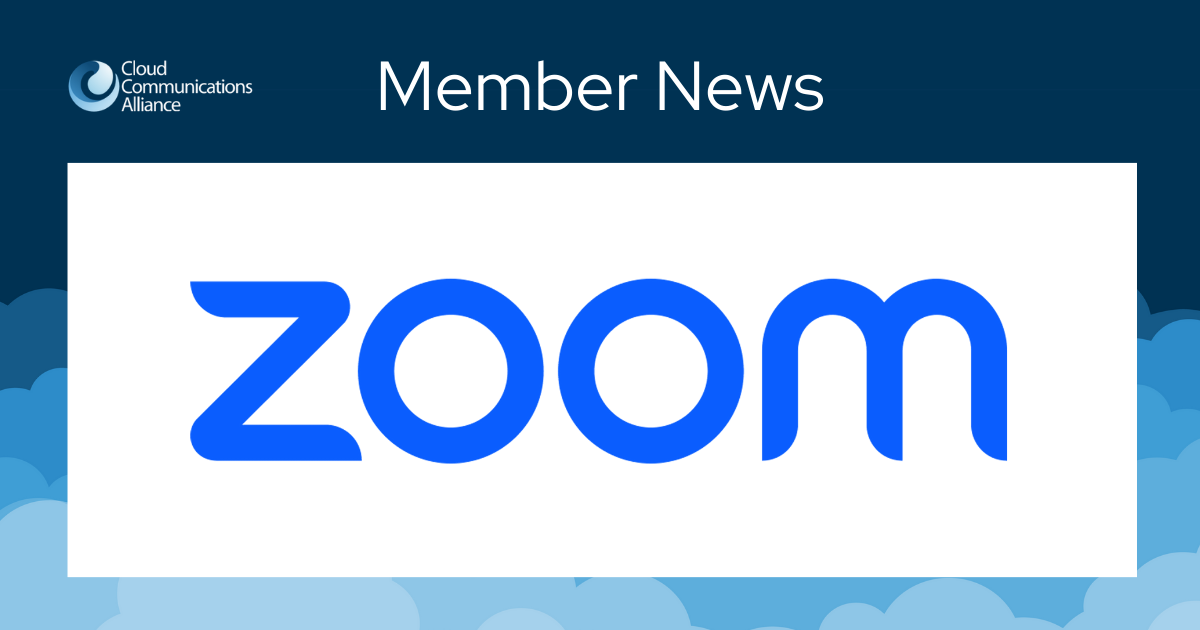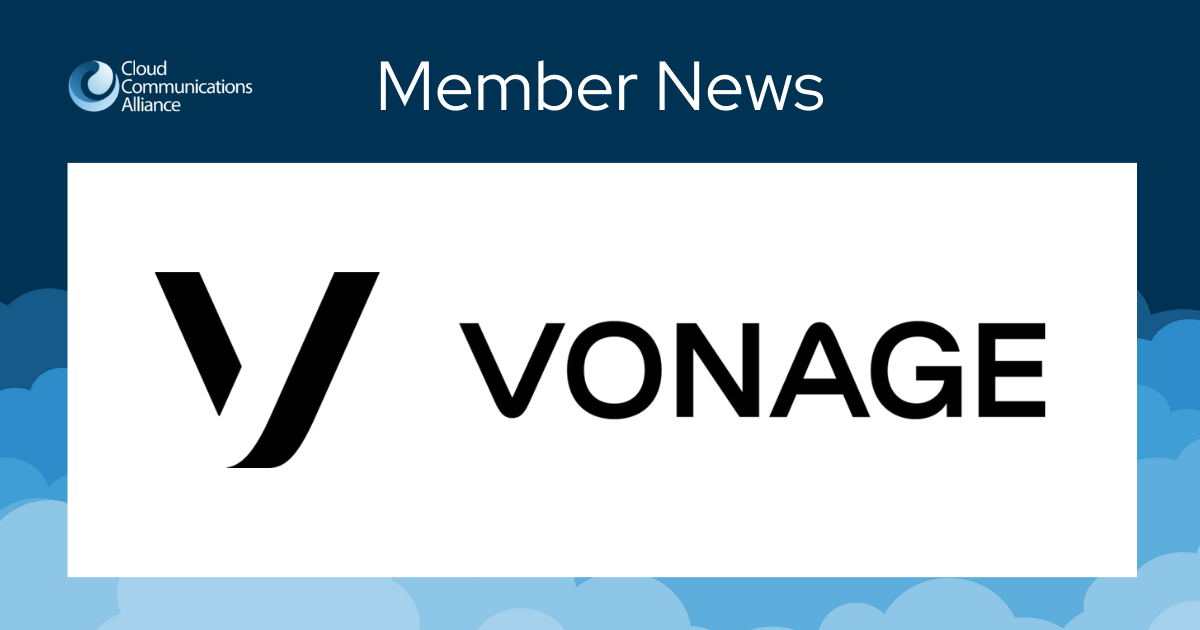Consent Challenges for ITG

Dear Service Provider:
The ITG’s (Industry Traceback Group) traceback team from time to time receives questions from providers about what happens when an originating provider claims that the caller had consent to make the call and therefore the call is legal. In an effort to ensure transparency and clarification, we wanted to provide some information about the ITG’s current processes and planned improvements on this issue.
It is important to know that the ITG only traces calls and campaigns for which it has a reasonable basis to believe are illegal. The ITG team will review claims of call legality and, where appropriate, will address the traceback accordingly, but note that, in the ITG’s experience, claims of legality only rarely are supported. This email provides detailed information on the ITG’s process as well as the reasons that claims of consent more often than not do not undercut the ITG team’s basis to believe a given call is illegal.
***
The ITG does not trace calls to determine whether or not they are legal; there always is a reasonable basis to conclude the call likely is illegal. Most typically, the ITG team has recordings and other information that indicate that the call either is definitively unlawful or otherwise highly likely to be unlawful. For instance:
- the content of the call may be fraudulent on its face, such as by falsely indicating the caller is a government entity;
- the call is a prerecorded voice message to a phone number for which the ITG team has proof that there was no consent (e.g.,the campaign is reaching numbers in a honeypot);
- the call is to a number on the federal Do Not Call Registry and the ITG team has evidence has proof there is no consent or preexisting relationship (e.g.,the call reached a honeypot number);
- calls in the robocall campaign fail to identify the caller or provide a call-back number, as required by FCC rules; and/or
- the call example is from a referral that certifies to the facts that support a reasonable basis to conclude the call is unlawful.
Nevertheless, providers sometimes claim that there is opt-in consent for calls traced back by the ITG. To the extent the information provided undercuts the ITG team’s reasonable basis to believe the call likely is illegal, the ITG team will mark that call as “Strike Exempt.” If a traceback is marked “Strike Exempt,” it is generally not counted in aggregate or analyzed data about a provider’s traceback history.
Marking calls as “Strike Exempt” is a rare occurrence in these circumstances. More typically, the ITG team will continue to trace the campaign because it continues to have evidence such as that described above that suggests the calls most likely are illegal. In the ITG team’s experience, originating providers often claim consent where the tracebacks are of calls to honeypots and/or where the consumer purportedly gave consent to receiving prerecorded calls from thousands of entities. In the first case, even if the caller had lawful consent to call the prior number holder, courts have been clear that consent is invalid and it is unlawful to call the number after it has changed hands. Callers can and should use the FCC’s Reassigned Numbers Database to avoid making prerecorded calls to reassigned numbers. In the second example, regulators have been clear that consent must be specific to the content of the call and the caller. Buried consent to receive calls from thousands of entities on different types of calls is not valid in regulators’ view.
Under current practices and procedures, the ITG team is confident it only traces calls for which it has reasonable basis to believe are illegal and appropriately marks calls as “Strike Exempt” where such basis no longer exists. Nevertheless, the ITG team is working to deploy an enhanced process to address claims of legality and consent. While still in development, we anticipate that the improvements will consist of (1) more structured data on the characteristics of a given campaign that make the calls in such campaign illegal; and (2) the ability to challenge one or more of those characteristics for further review.
Please note that any communications you make about claimed legality or consent will be associated with the traceback and be included in any subpoena response that are associated with you or those tracebacks. Providers are of course free to disagree with the ITG’s assessment of call legality when subject to scrutiny by a partner or enforcement agency. But the ITG team reiterates that the ITG only traces – and continues to trace – calls that it has a reasonable basis to believe are unlawful.


